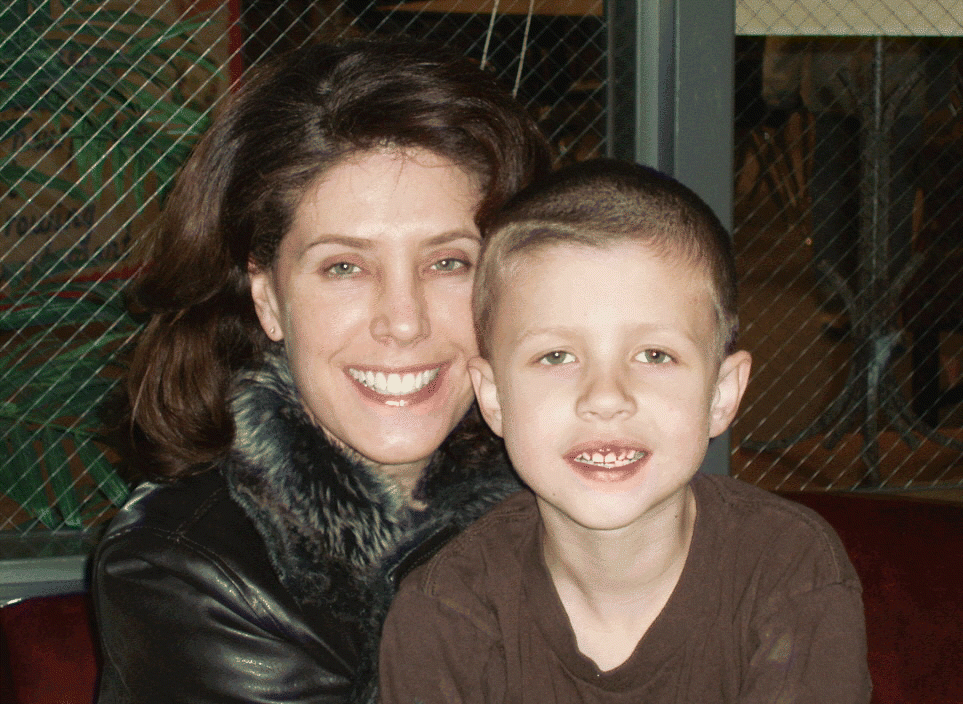Because autism and autism spectrum disorders can be treated successfully if appropriate treatment is initiated early, otolaryngologists find themselves on the front line as clinicians who may be able to spot the disorder and, by timely referral, prevent the severe outcomes that are possible in patients with autism.
Explore This Issue
October 2008A panel of experts who work with autism spectrum disorder patients emphasized the need for early diagnosis and early treatment-illustrating that interventions when children are toddlers can result in highly functioning children just a few years later.
Our job here is to do several things, said panel moderator Scott Schoem, MD, Director of Otolaryngology at the Connecticut Children’s Medical Center in Hartford, during the 23rd annual meeting of the American Society of Pediatric Otolaryn gology, held in conjunction with the Combined Otolaryngology Spring Meeting.
Dr. Schoem said that the first of those tasks is to help you recognize these red flags. Parents want to know what is wrong with their child, and how they can help their child diagnosed with autism spectrum disorders best fit into society-not necessarily be the life of the party, but at least be able to go from this to a state where they know how to make friends and can fit into society in a positive way.

In my daily practice, I am often the first professional to see the warning signs in the autistic spectrum disorders. How do I help the primary care physician, and how do I help the parent? he said.
Said Lindee Morgan, PhD, Director of the Center for Autism and Related Disabilities at Florida State University in Tallahassee, Otolaryngologists are in a unique position to help identify children who have not been identified. The majority of referrals for middle ear infection occur from three months to 36 months. That tells us you have a great opportunity here.
The panel said that the cardinal clinical features of autism spectrum disorders are:
- Delay in speech development.
- Limited social interaction.
- Unusual stereotypic behavior patterns such as repetitive hand movements, rocking body movements, walking on toes, patterns in activity, and play that has a predictable pattern.
- Associated conditions including hypertonia; neuromotor dyspraxia and co ordination disorders; sensory integration difficulties; learning disabilities; sleep disorders; behavior problems, such as attention deficit hyperactivity disorder, obsessive-compulsive disorder, and anxiety and mood disorders; seizure and tic conditions; and gastrointestinal disorders.
Role of the Otolaryngologist
I have seen through my personal experience that early diagnosis and treatment of autism can make a big difference in outcome, said Michelle Cullen, MD, Clinical Assistant Professor of Otolaryngology at Emory University in Atlanta.
Leave a Reply